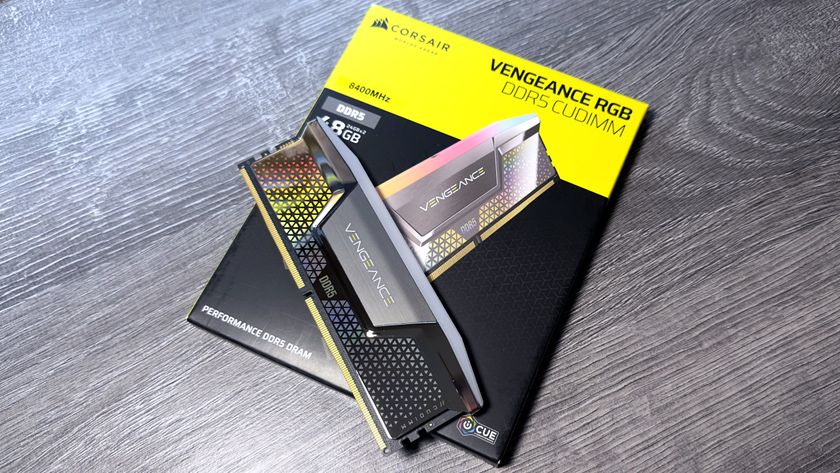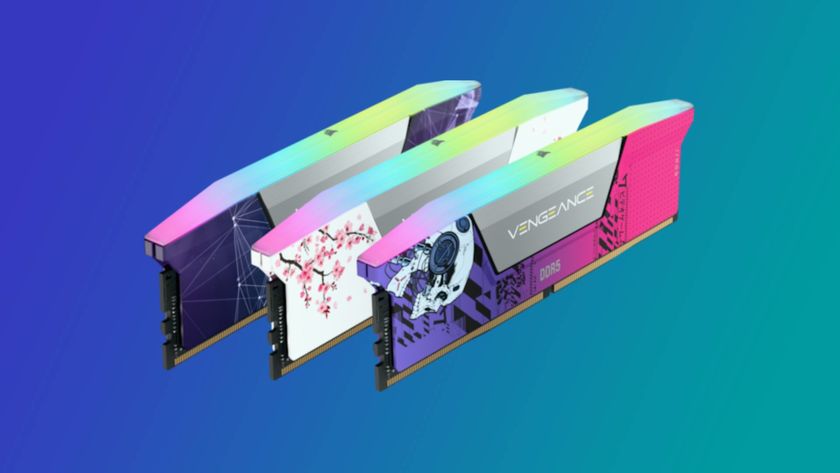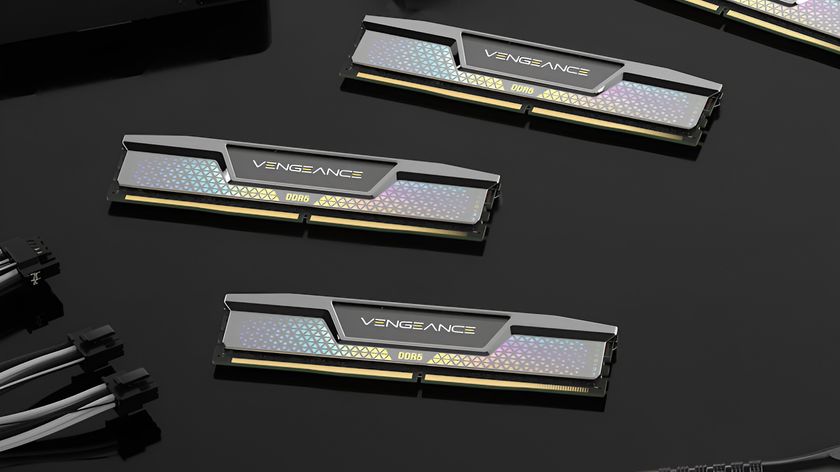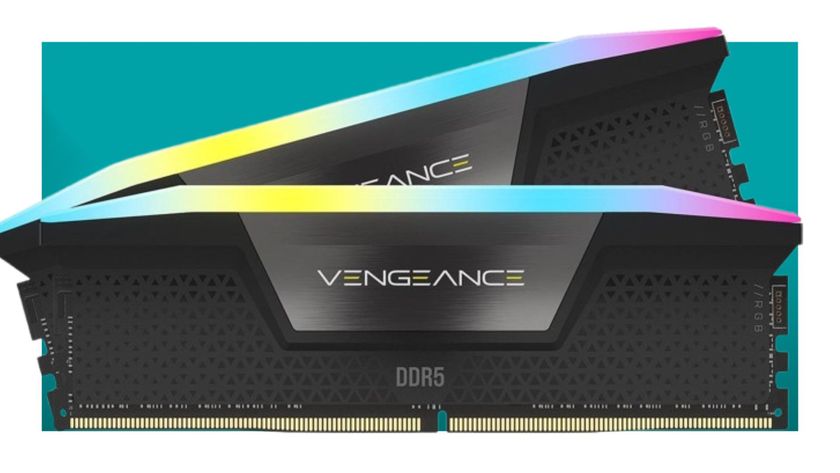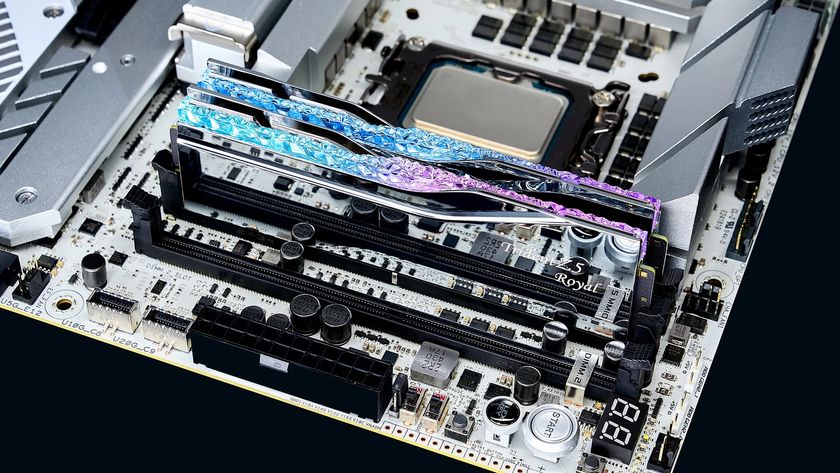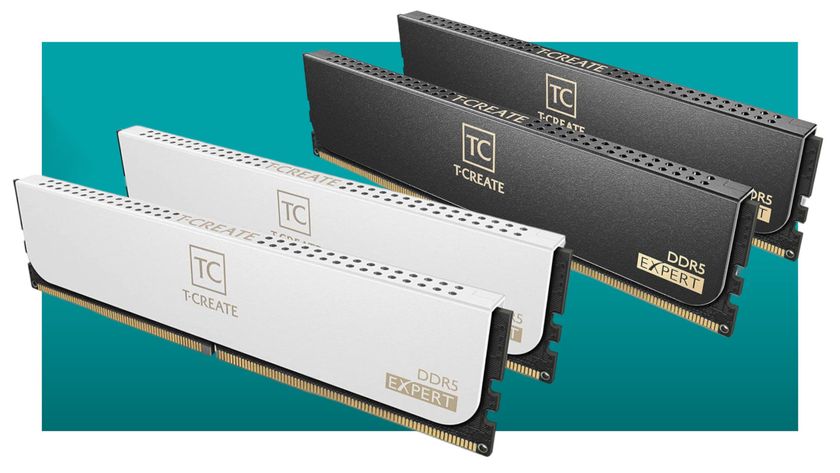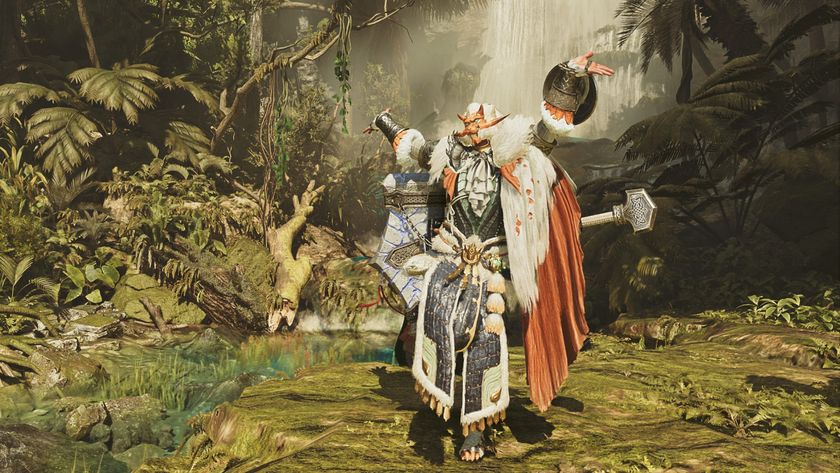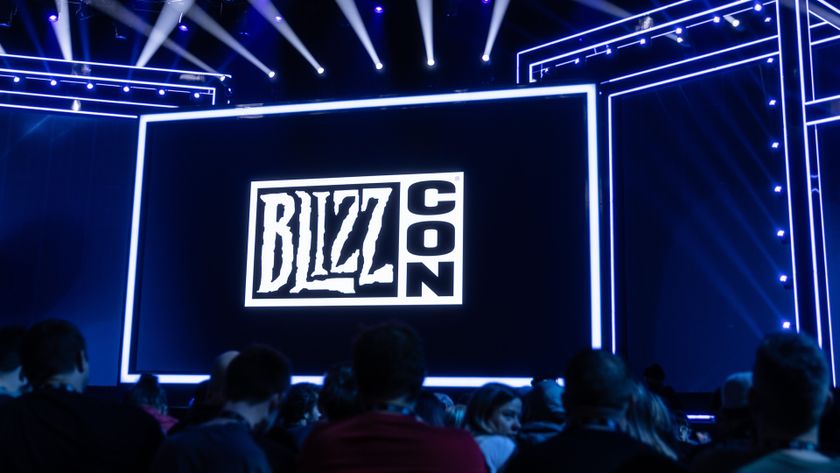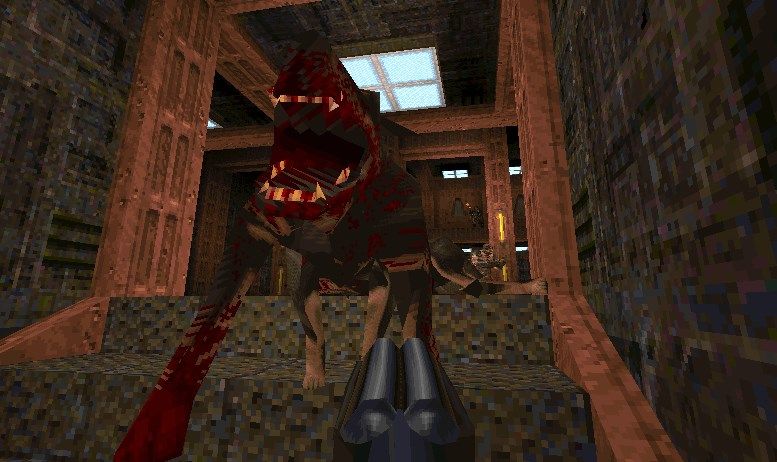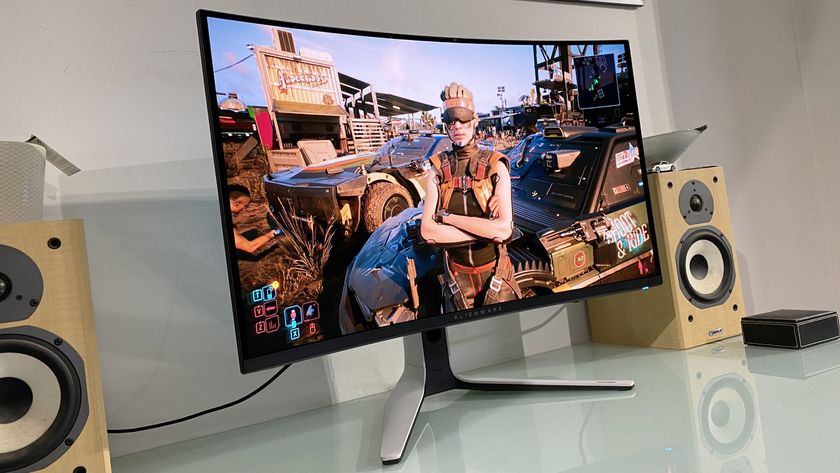Memory chip price drop could lead to cheaper RAM in 2018
After rising sharply over the past year and a half, memory pricing may finally start to come down.
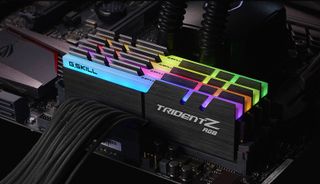
You may have noticed that the cost of RAM in many cases has more than doubled over the past year and a half. That's unfortunate for consumers, though a recent drop in memory chip pricing has us crossing our fingers that RAM kits will finally come down in price in 2018.
Reuters notes that high-end memory chip pricing declined 5 percent in the fourth quarter of 2017. Furthermore, some analysts expect the sales growth rate will fall by more than half this year to 30 percent.
Samsung is bearing the brunt of the market situation, particularly after its disappointing profit estimate. As such, the company's shares slid 7.5 percent last week, while shares of its rival SK Hynix dipped 6.2 percent.
Beyond the business aspect, the situation means that consumers might benefit from lower priced products this year.
"Memory chips will likely see a gradual price decline in 2018 if demand remains strong and appetite from severs holds," Yuanta Securities Korea analyst Lee Jae-yun told Reuters.
That said, analysts don't expect the memory market to come crashing down. It also remains to be seen what kind of price drops might be in store for consumers. According to analysis by BNP Paribas, the average cost of DRAM jumped by 38 percent last quarter compared to the second quarter of 2016.
Our own research shows even greater price hikes. For example, take this Corsair Vengeance LPX 16GB (2x8GB) DDR4-2133 memory kit on Amazon. It's currently priced at $187, whereas it sold for $57 in mid-2016, and around $100 in January 2017.
The biggest gaming news, reviews and hardware deals
Keep up to date with the most important stories and the best deals, as picked by the PC Gamer team.
That's not an outlier, either. Another example is this Kingston HyperX Fury 8GB (2x4GB) DDR4-2133 kit. It's selling for $95 on Amazon, versus around $32 in mid-2016, and under $50 a year ago.
Smartphones are largely to blame for the rise in memory chip prices, as they account for about one-third of the global memory chip market. Not surprisingly, smartphone makers are also the ones pressuring suppliers to lower prices. Let's hope they're successful.
Paul has been playing PC games and raking his knuckles on computer hardware since the Commodore 64. He does not have any tattoos, but thinks it would be cool to get one that reads LOAD"*",8,1. In his off time, he rides motorcycles and wrestles alligators (only one of those is true).
